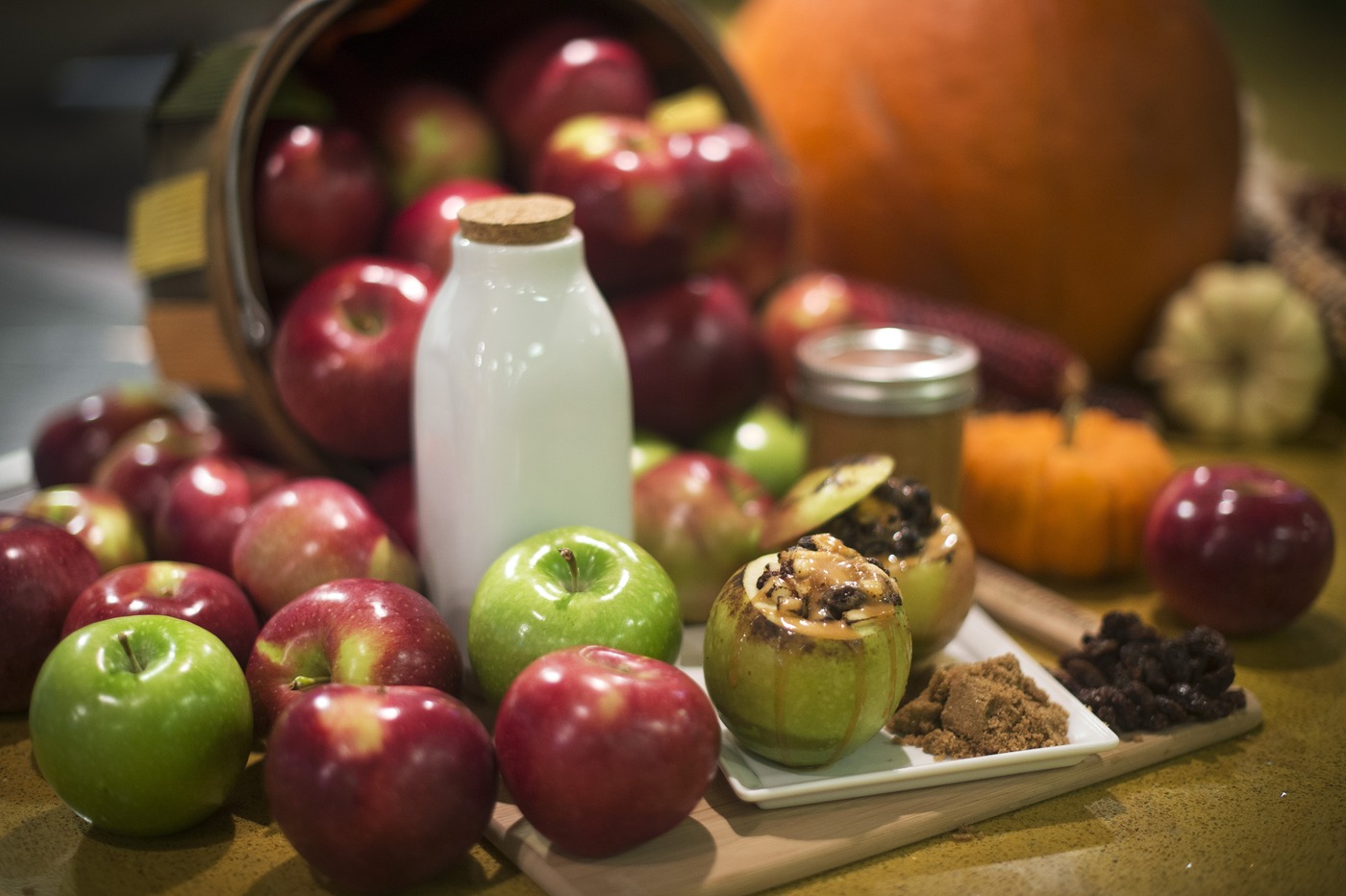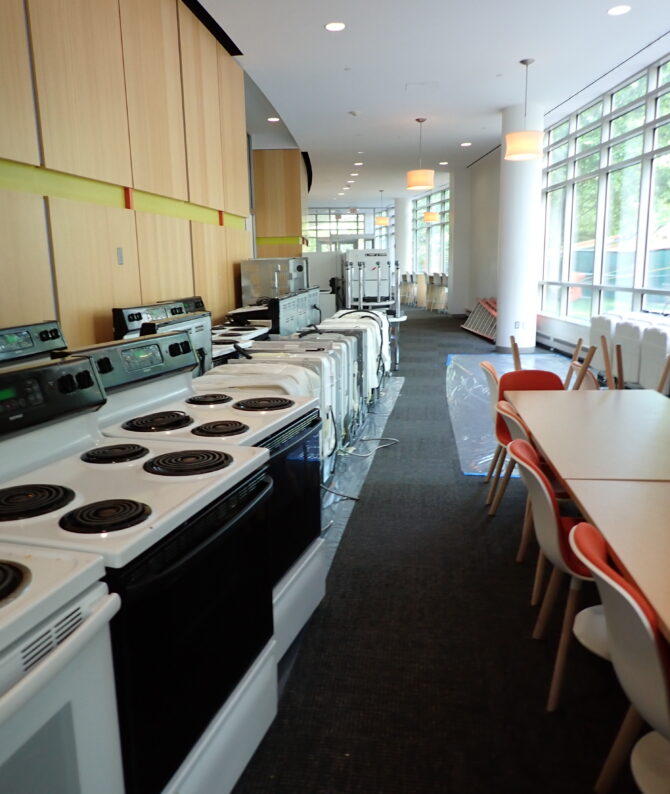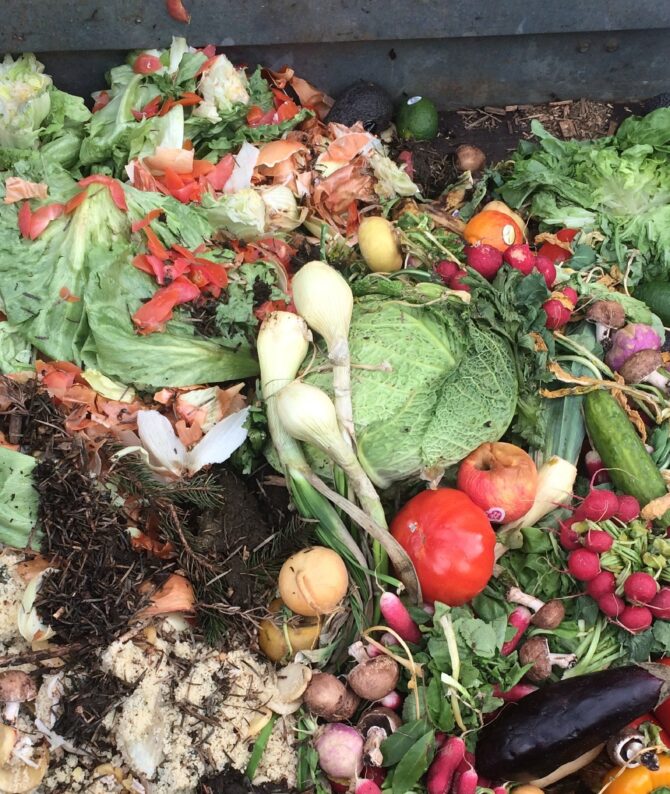Eat Your Way to a Sustainable Future

The Coronavirus pandemic has caused major impacts on American life nationwide including working, socializing, and even eating habits. According to the Shelby Report, 54% of Americans have shifted towards home cooking. Most people know that cooking at home is generally healthier for your body, as you consume fewer carbohydrates, sugars, and less fatty foods, but you may be pleasantly surprised to find out that home cooking is also more sustainable for the planet, as it allows people to source sustainable ingredients, waste less food, and use less energy. With more people making the choice to cook at home, this is the time to educate and embrace healthy habits for both your body and the environment.
Climate change can sometimes feel overwhelming, but you can make a big difference with a few small changes to your eating habit. Learn what better food choices you can make for a positive impact on the planet.
|
Minimize Eating Red Meat Minimizing animal consumption, especially red meat, has the most significant immediate impact on fighting climate change. Industrial agriculture one of the most environmentally demanding processes in food production globally. A 2018 study conducted by the Journal Science, shows that a diet with no meat reduces greenhouse gas emissions by 49% as well as water-scarcity weighted footprint by 19%.
Choose Seafood Wisely Overfishing causes declined ocean health. Large predatory fish like Bluefin Tuna, Atlantic Cod, Shark, and Orange Roughy are all in danger from overfishing. Conversely, farmed shrimps are the largest driver of mangrove deforestation, and have greatest environmental impact. Instead of eating these types of fish, use a more sustainable alternatives such as; shellfish like mussels and oysters, and fish such as catfish and mackerel tuna.
Buy Local and Seasonal To fill the needs of big chain grocery stores, food is sourced and transported from all over the world, creating devastating environmental impacts. Buying seasonal, locally grown foods is more affordable, tastes better, and reduces emissions.
|
Northeastern University, Dining Services believes that the health of our eco-system is directly connected to the health of our communities and strives to continually become greener and more sustainable by implementing programs that create a positive environmental impact on campus. Northeastern is the first college/university in the United States to have a dining facility earn both a 3 Star Certified Green Restaurant® distinction and LEED Gold status. Dining Services menus are intentionally designed by a specialized team to be mindful of healthy, sustainable and delicious, working in conjunction with the principles of Menus of Change, with the intentional sharing of ingredients across menu selections.
| Learn More About Northeastern Dining Services Sustainable Efforts |



